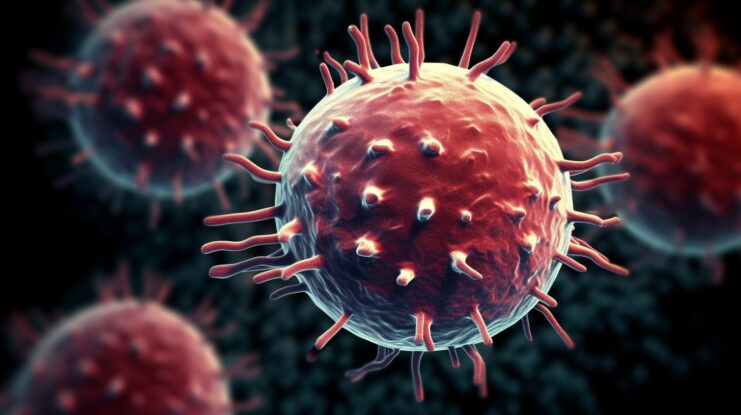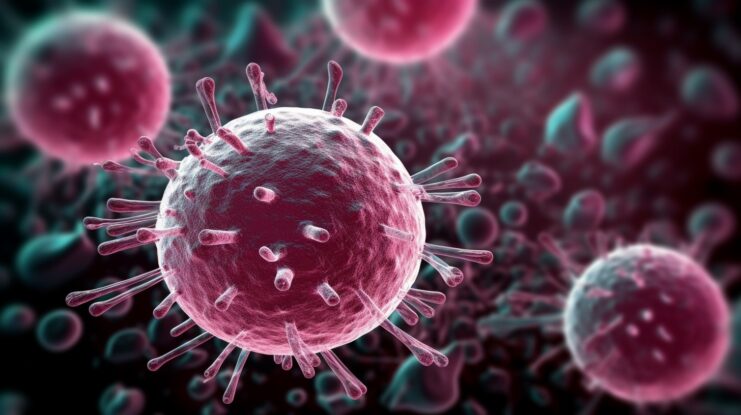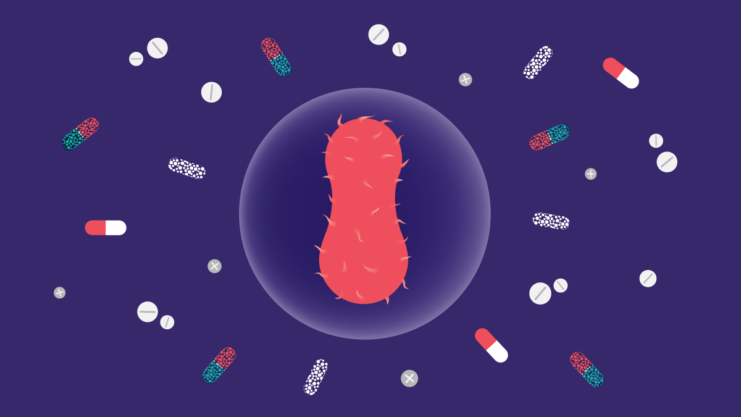Gonorrhea, a common sexually transmitted infection, has been treatable for decades. However, the emergence of antibiotic-resistant strains poses a significant threat to global health. This article delves deep into the causes, implications, and potential solutions to this growing concern.
As we navigate through this topic, we’ll break down complex information into easily digestible insights, ensuring that everyone, regardless of their background, can understand the gravity of the situation.
Gonorrhea is a sexually transmitted infection caused by the bacterium Neisseria gonorrhoeae. Historically, it has been easily treatable, but recent developments have raised alarms in the medical community.
The Basics of Gonorrhea
Gonorrhea is often referred to as the “clap” or “drip.” It primarily affects the mucous membranes, including the genitals, rectum, and throat. Transmission occurs through sexual contact, and many individuals may not exhibit symptoms, making it easy to spread unknowingly.
- Symptoms: While many don’t show symptoms, those who do might experience pain during urination, green or yellow discharge, or, in women, pelvic inflammatory disease.
- Complications: If left untreated, gonorrhea can lead to infertility, ectopic pregnancies, and an increased risk of contracting other STIs.
Historical Treatment Methods
Since the discovery of antibiotics, gonorrhea has been easily treatable. Penicillin was the go-to treatment for decades until the bacterium developed resistance.
- Penicillin Era: Introduced in the 1940s, penicillin was a game-changer in treating various bacterial infections, including gonorrhea.
- Shift to Newer Antibiotics: As resistance grew, newer antibiotics like cefixime and ceftriaxone became the standard treatment.
The Rise of Antibiotic Resistance

Antibiotic resistance is not unique to gonorrhea. However, the rapidity with which the gonorrhea bacterium has developed resistance to multiple drugs is alarming.
What Causes Resistance?
Bacteria evolve. When exposed to antibiotics, those who aren’t killed by the drug can mutate and develop resistance. Overuse and misuse of antibiotics, both in healthcare and agriculture, have accelerated this process.
- Misuse in Healthcare: Not completing antibiotic courses or using them for viral infections can lead to resistance.
- Agricultural Practices: The use of antibiotics in livestock can lead to resistant bacteria, which can then be transmitted to humans through food.
Implications of Resistant Gonorrhea
Resistant gonorrhea poses a significant threat. As the bacterium becomes resistant to more drugs, our options for treatment diminish.
- Treatment Challenges: With dwindling effective antibiotics, treatment becomes more complex, requiring combinations of drugs or higher doses.
- Public Health Concern: As treatment becomes less effective, the spread of the disease can increase, leading to larger outbreaks.
Combatting the Threat
While the situation is concerning, it’s not all doom and gloom. Researchers and public health officials are working tirelessly to find solutions.
Research into New Treatments
The medical community is actively researching new antibiotics and treatment methods to combat resistant gonorrhea.
- New Antibiotics: While developing new antibiotics is challenging and time-consuming, there are some promising candidates in the pipeline.
- Alternative Therapies: Researchers are exploring non-antibiotic treatments, such as bacteriophages (viruses that kill bacteria) and vaccines.
Public Health Initiatives
Public health initiatives play a crucial role in managing and preventing the spread of resistant gonorrhea.
- Awareness Campaigns: Educating the public about STIs and the importance of safe sex can reduce transmission.
- Regular Testing: Encouraging regular STI testing, especially for high-risk groups, can help in early detection and treatment.
Global Impact of Resistant Gonorrhea

The emergence of antibiotic-resistant gonorrhea is not confined to a single region. Its presence has been confirmed in multiple countries, making it a global concern.
Countries Most Affected
While resistant gonorrhea has been detected worldwide, certain regions report higher incidences.
- Asia-Pacific: Countries like Japan and Australia have reported cases resistant to the last-resort antibiotics.
- Europe: Several countries, including the UK and Spain, have confirmed cases of super-resistant strains.
Challenges in Developing Nations
Developing countries face unique challenges in combating this threat due to limited resources and healthcare infrastructure.
- Limited Surveillance: Many developing nations lack the necessary infrastructure to monitor and report resistant cases effectively.
- Access to Treatment: With fewer resources, ensuring that patients receive the right treatment becomes a challenge.
Economic Implications of Resistant Gonorrhea

The rise of antibiotic-resistant gonorrhea doesn’t just pose a health threat; it has significant economic implications as well.
Cost of Treatment
As the bacterium becomes resistant to standard treatments, alternative therapies, which are often more expensive, become necessary.
- Higher Drug Costs: Newer antibiotics and combination therapies can be costlier than traditional treatments.
- Longer Treatment Duration: Resistant strains might require prolonged treatment, increasing hospital stays and associated costs.
Impact on Workforce
Untreated or inadequately treated gonorrhea can lead to complications that affect an individual’s ability to work.
- Decreased Productivity: Individuals suffering from complications may require time off work, leading to lost productivity.
- Long-Term Health Costs: Complications such as infertility can lead to long-term healthcare needs, adding to the economic burden.
FAQs
Can gonorrhea become completely untreatable?
While there’s concern about gonorrhea strains resistant to all known antibiotics, researchers are continuously working on new treatments. The goal is to stay ahead of the bacteria’s evolution.
How can I protect myself from getting gonorrhea?
The most effective way to prevent gonorrhea or any STI is to practice safe sex. Using condoms correctly and consistently can significantly reduce the risk.
Are there any natural remedies for gonorrhea?
While some natural remedies are touted as treatments, it’s essential to consult with a healthcare professional. Relying solely on unproven remedies can lead to complications.
How often should I get tested for gonorrhea?
If you’re sexually active, especially with multiple partners, it’s advisable to get tested regularly. Early detection ensures effective treatment and reduces the risk of complications.
Can gonorrhea lead to other health issues?
Yes, untreated gonorrhea can lead to various complications, including pelvic inflammatory disease in women, which can cause infertility. It also increases the risk of contracting other STIs, including HIV.
Final Words
The rise of antibiotic-resistant gonorrhea is a pressing issue that demands global attention. While the situation is alarming, it’s essential to remember that the medical and scientific communities are working diligently to find solutions.
As individuals, we can play our part by staying informed, practicing safe sex, and advocating for responsible antibiotic use. Together, we can combat this threat and ensure a safer, healthier future for all.













